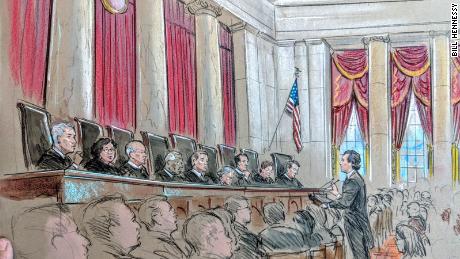Am I entitled to oral argument?
April 20, 2020 Sun Coast Resources Inc. v. Conrad, No. 19-20058 (April 16, 2020), involved a challenge to an arbitration award. The challenging party did not agree with the Fifth Circuit’s decision to proceed without oral argument, and filed a motion seeking an oral argument. It was denied and the Court’s explanation is instructive:
Sun Coast Resources Inc. v. Conrad, No. 19-20058 (April 16, 2020), involved a challenge to an arbitration award. The challenging party did not agree with the Fifth Circuit’s decision to proceed without oral argument, and filed a motion seeking an oral argument. It was denied and the Court’s explanation is instructive:
- “Sun Coast’s motion misunderstands the federal appellate process in
more ways than one. To begin, the motion claims that ‘oral argument is the
norm rather than the exception.’ Not true. ‘More than 80 percent of federal
appeals are decided solely on the basis of written briefs. Less than a quarter
of all appeals are decided following oral argument.'”; - “Sun Coast suggests that deciding this case without oral argument would be ‘akin to . . . cafeteria justice.’ The Federal Rules of Appellate Procedure state otherwise. They authorize “a panel of three judges who have examined the briefs and record” to ‘unanimously agree[] that oral argument is unnecessary for any of the following reasons”—such as the fact that “the dispositive issue or issues have been authoritatively decided,” or that “the facts and legal arguments are adequately presented in the briefs and record, and the decisional process would not be significantly aided by oral argument.””; and
- “[A]nother tactic powerful economic interests sometimes use against
the less resourced is to increase litigation costs in an attempt to bully the
opposing party into submission by war of attrition—for example, by filing a
meritless appeal of an arbitration award won by the economically weaker
party, and then maximizing the expense of litigating that appeal. Dispensing with oral argument where the panel unanimously agrees it is unnecessary, and where the case for affirmance is so clear, is not cafeteria justice—it is simply justice.” (citations omitted and emphasis added in all the above quotes).